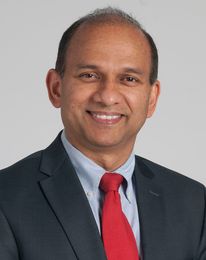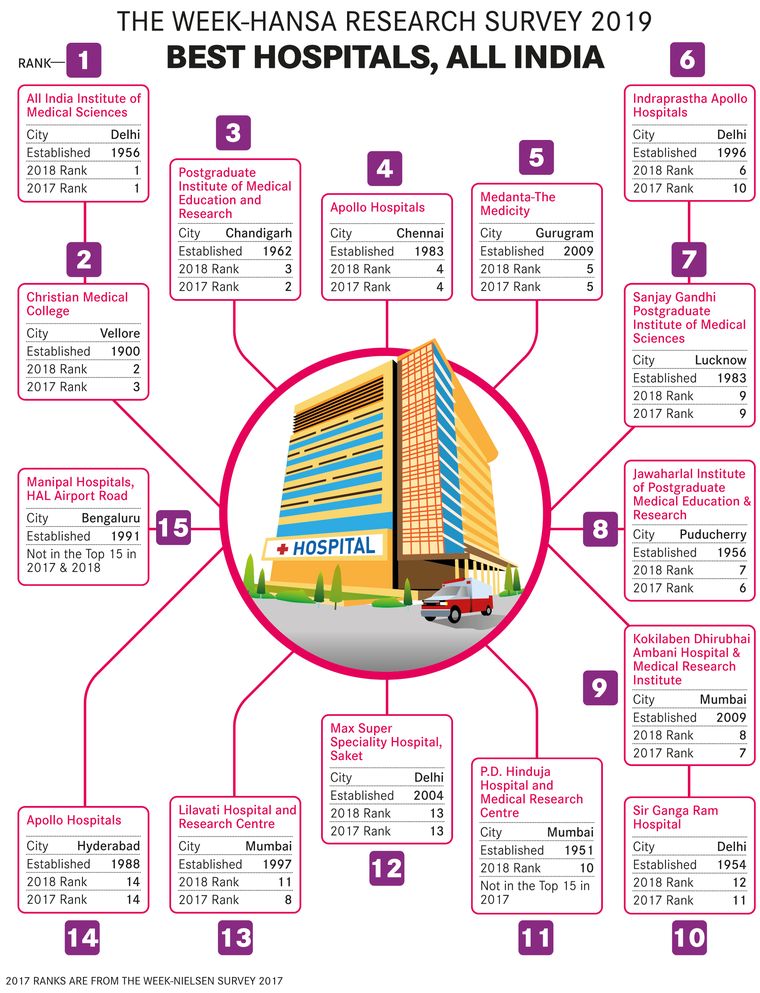THIS YEAR IS the year of the moon. Apart from India’s valiant attempt to land on the moon's south pole, it is the 50th anniversary of the moon landing of the Apollo 11. As Neil Armstrong, the first man to step on the moon, said, “That is one small step for man, one giant leap for mankind.”
The 50th anniversary celebrations brought back focus on Armstrong's death on August 25, 2012. As part of a legal settlement, details of his death were not publicly known until recently. According to a report in The New York Times on July 23, Armstrong was hospitalised for a cardiac bypass surgery. After the procedure, he was reportedly recovering well. Two days after the surgery, the family was shocked to hear that he had died unexpectedly at the hospital.
After the surgery, once the heart recovers from the bypass, removing pacemaker wires inserted into the heart is a routine procedure. Usually the wire comes off easily. But in Armstrong’s case, when a nurse tried to pull the wire, he started bleeding and his blood pressure dropped. The doctors could not save him.
As per the NYT report, multiple medical errors led to Armstrong’s death. The hospital settled the case with his family for about US$5.5 million (Rs39.21 crore) and most of the details were kept confidential.
If this can happen to Armstrong, what about the rest of us? About 44,000 to 90,000 patients die in the US from medical errors, states the Institute of Medicine's report—To Err is Human. The actual global number is not clear owing to lack of proper data collection.
Not all deaths that happen at a hospital are owing to medical errors. But some are clearly so. Errors are never just because of a doctor or a nurse's mistake, but always because of a system that fails to protect the patient. It is the responsibility of the leaders of health care organisations to build a patient-centred and quality-driven hospital. Most of the forward-thinking health care organisations take patient safety and quality improvement very seriously.
Says Sara J. Singer of Harvard T.H. Chan School of Public Health in her article in the Journal of Healthcare Leadership, “delivering high quality, highly reliable health care requires continuous improvement. Despite decades of quality and safety improvement initiatives, frequent reports of medical errors, failures to implement evidence-based practice, unnecessary variations and disparities in care, and redundant and wasted resources often make achieving this goal feel increasingly elusive”. In her article, she emphasises on collective learning. Focusing on quality is important for three reasons:
¨ It will keep our patients safe, and provide them with the best outcome and best experience.
¨ When a health care organisation tries to place itself as the best place for patients, focusing on quality will give them the advantage.
¨ Continuous improvement and collective learning are important for innovation and growth of any organisation.
When Deepa was diagnosed with stage I breast cancer, she was only 31. She was in the midst of building a family, two years after her marriage. It was an early stage breast cancer and she did really well with surgery and radiation at a hospital close to her home in the city. Ten years later, her two boys are in middle school, and her husband is the vice president of operations at a tech company. She is leading the HR division of a pharmaceutical company.
Now she is thinking about reconstruction of her breast, which was deformed owing to previous surgery and radiation. Her first and foremost priority is to get the best surgery possible, which will give her the best outcome. In addition, she wants to make sure that the hospital will treat her with kindness. Health care expense is important, but that is not her number one priority, since she has good insurance.
Due to integration of novel technologies and advances in science, health care is going through rapid change. When this happens, we, as health care providers, need to continue to refocus on why we exist—to provide the best care to our patients. In health care, it is not unusual for many organisations to lose that focus. To provide the best care for our patients, we need to keep them safe, provide the best outcome and make sure they have an excellent experience. It is not just the responsibility of the leadership or the doctors. Every team member has to be a part of it. Empowering every member to ask questions and creating a culture where those questions are listened to and valued are important. This is a lesson health care is trying to learn from the airline industry in putting safety first. When they review the checklist, every team member, from maintenance staff to the flight crew, can ask questions and pause the flight operation. This has led to improvement in safety and efficiency.
Cleveland Clinic takes patient safety very seriously. It is one of the first large hospital systems in the world that created a department of patient experience and an institute of patient safety. At Cleveland Clinic, we focus on continuous improvement to make sure that we continue to innovate and at the same time learn from our shortcomings. The application of this model enables us to improve all aspects of our care, including patient safety, quality, experience, caregiver experience and affordability.
As per the World Health Organization, the definition of quality of care is “the extent to which health care services provided to individuals and patient populations improve desired health outcomes. In order to achieve this, health care must be safe, effective, timely, efficient, equitable and people oriented”.
It is up to the leaders of health care to figure out how their hospital can be the hospital of choice for an informed consumer like Deepa. Her outstanding experience and excellent outcome will bring her back to their hospital if, say, her father needs a hip replacement surgery or her husband needs an angioplasty. It is the right thing to do and it is the right business decision for industry leaders.
Dr Jame Abraham is chairman of haematology/medical oncology and professor of medicine, Cleveland Clinic, Cleveland, United States.




